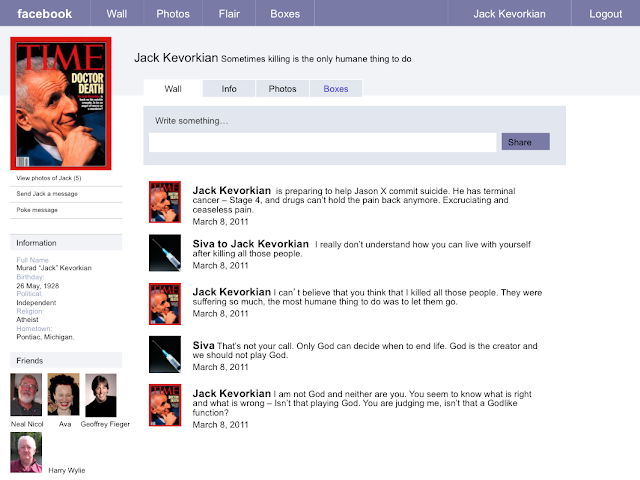- Defamation – harm done to a person’s reputation, and slander (spoken) versus libel (written)
Gatley on Libel and Slander defines the term as follows:
"Defamation is committed when the defendant publishes to a third person words or matter containing an untrue imputation against the reputation of the claimant.
"Broadly speaking, if the publication is made in a permanent form or is broadcast or is part of a theatrical performance, it is libel; if it is in some transient form, it is slander."
Libel worse than slander – there forever, more can see it
- Whether a statement is seen or heard by a third party or parties
This is an essential requirement for defamation. Something is only defamation if there is a publication to a third party. If injurious words are spoken only to the person concerned, there is no defamation because there is no injury to his reputation. That can only happen if someone else hears the words. The defamation action is based on injury to a person's reputation not for hurt feelings.
Worse because (more humiliation?)
- Whether the identity of the target is clear
The words must refer to the claimant and be clearly understood to refer to him. Again this is because the defamation action is based on injury to a person's reputation. If the words are not understood as clearly referring to the claimant his reputation cannot be injured or lowered.
- Anonymity – does it make the perpetrator more or less responsible?
If the defamer is anonymous, then who do you sue? Clearly for there to be an action, you must be able to show that the defamatory statement was uttered by someone and you must be able to prove that he was the maker of the statement.
(Doesn’t change responsibility but is worse because concealing (your) identity makes you seem afraid to say it and therefore more guilty) - this may be true morally or ethically but it is legally incorrect.
- Harassment – what does it involve?
The standard definition for harassment is unwanted conduct on the grounds of race, gender, sexual orientation etc. which has the purpose or effect of either violating the claimant's dignity, or creating an intimidating, hostile, degrading, humiliating or offensive environment for them.
The following are some examples of specific types of harassment:
Bullying
Bullying may be characterised as offensive, intimidating, malicious or insulting behaviour, an abuse or misuse of power through means intended to undermine, humiliate, denigrate or injure the recipient
Sexual Harassment
Sexual harassment may be homosexual or heterosexual. It may be defined as any form of unwanted verbal, non-verbal or physical conduct of a sexual nature that creates an intimidating, hostile, degrading or offensive environment.
Racial Harassment
Racial harassment is any behaviour, deliberate or otherwise pertaining to race, colour, nationality - including citizenship, or ethnic or national origins, which is directed at an individual or group and which is found to be offensive or objectionable to recipients and which creates an intimidating, hostile or offensive environment.
Harassment on Grounds of Religion
Religious Harassment is any behaviour deliberate or otherwise, pertaining to religion, religious belief or other similar philosophical belief and it is behaviour which can be defined as unwanted conduct violating a person's dignity, or creating an intimidating, hostile, degrading, humiliating or offensive environment
- Duty to provide a safe work or study environment – what roles do schools and teachers play?
I suppose that teachers have to instill in students good values and make them aware that it is not acceptable for students to gossip about one another or make false accusations or insinuations. The school authorities should also ensure that the rules are followed and provide proper enforcement and punishment where appropriate.
- Right to freedom of expression – what limits should be placed on it?
Right to security of person – should people be protected from written or verbal attacks?
The law of defamation has to be balanced with the right of freedom of speech. It is an exception to this right on the basis that a person should not have the freedom to lie about another person with a view to damaging that person's reputation. It is therefore an acceptable limitation to the freedom of speech since if you are telling the truth you can say whatever you want.
- Truth – when the statement is accurate
Truth is an absolute defence to any defamation action – when the statement is accurate and true there is no defamation.
- Fair comment - a legitimate journalistic intent
Any statement of opinion that has a fair basis on a matter of public interest will not lead to liability for defamation. This is the type of defense that journalists normally rely on.
- “The reasonable person” - how offensive does something have to be before it becomes libellous?
The statement must be one that a reasonable person would regard as defamatory. If the claimant is unusually sensitive or thin skinned and is offended by a statement that no reasonable person would be offended by, there is no defamation action.









